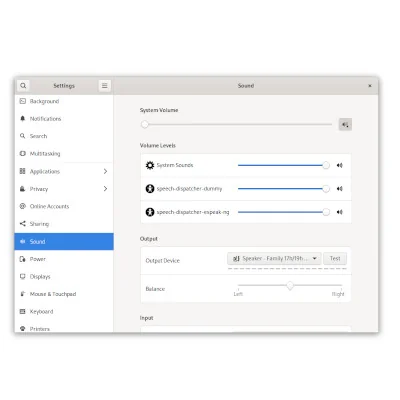Fresh Video Encode/Decode Benchmark Numbers For Xeon Platinum 8280 vs. EPYC 7742

With the recent releases of some of the popular open-source video encoders/decoders that are multi-threaded, I ran some fresh benchmarks this weekend on the dual EPYC 7742 and Xeon Platinum 8280 servers. As well, the EPYC 7601 2P for reference. All three servers were running Ubuntu 19.10 beta with the Linux 5.3 kernel to make things more interesting. All three servers were using Intel Optane 900p NVMe SSDs for storage and backed by system RAM at the maximum number of supported memory channels and their optimal frequencies.
Benchmarked this round were dav1d, SVT-AV1, SVT-VP9, vpxenc, and x265.
For 1080p content, the EPYC 7742 2P with its 128 cores / 256 threads is more than twice as fast as the Xeon Platinum 8280 2P platform.
With 10-bit content, the AMD lead was lessened but still easily in favor of EPYC's greater number of threads/cores compared to Xeon.
Dav1d 0.4 is looking very good on EPYC especially when considering the processors are much cheaper than the Intel Xeon Scalable equivalents.
With SVT-AV1 0.7 having released this week, I benchmarked both the previous 0.6 release and the new 0.7 release. SVT-AV1 0.7 brings more AVX2 and AVX512 optimizations and many other improvements.
At the default encode mode level of 8, the Xeon Platinum performance went up by 8% while the EPYC 7742 Rome performance was up by 5% while the EPYC 7601 server saw just a 2% improvement. While the Cascade Lake server saw a greater improvement with it being AVX-512 enabled, the EPYC Rome performance was still much faster than Intel's current non-AP Cascadelake processors. With the higher quality encode mode of 4, the SVT-AV1 0.7 performance went down slightly compared to the previous release.
The EPYC 7742 performance is also very good with the SVT-VP9 performance as of earlier this month following the recent Intel SVT-VP9 performance boost for AVX2.
From all the video benchmarks carried out, the 2 x EPYC 7742 server was 44% faster than the 2 x Xeon Platinum 8280 server with these latest encoders/decoders.
If you want to see how your own system(s) compare, simply install the Phoronix Test Suite and run phoronix-test-suite benchmark 1909286-AS-1909283AS64.
6 Comments

